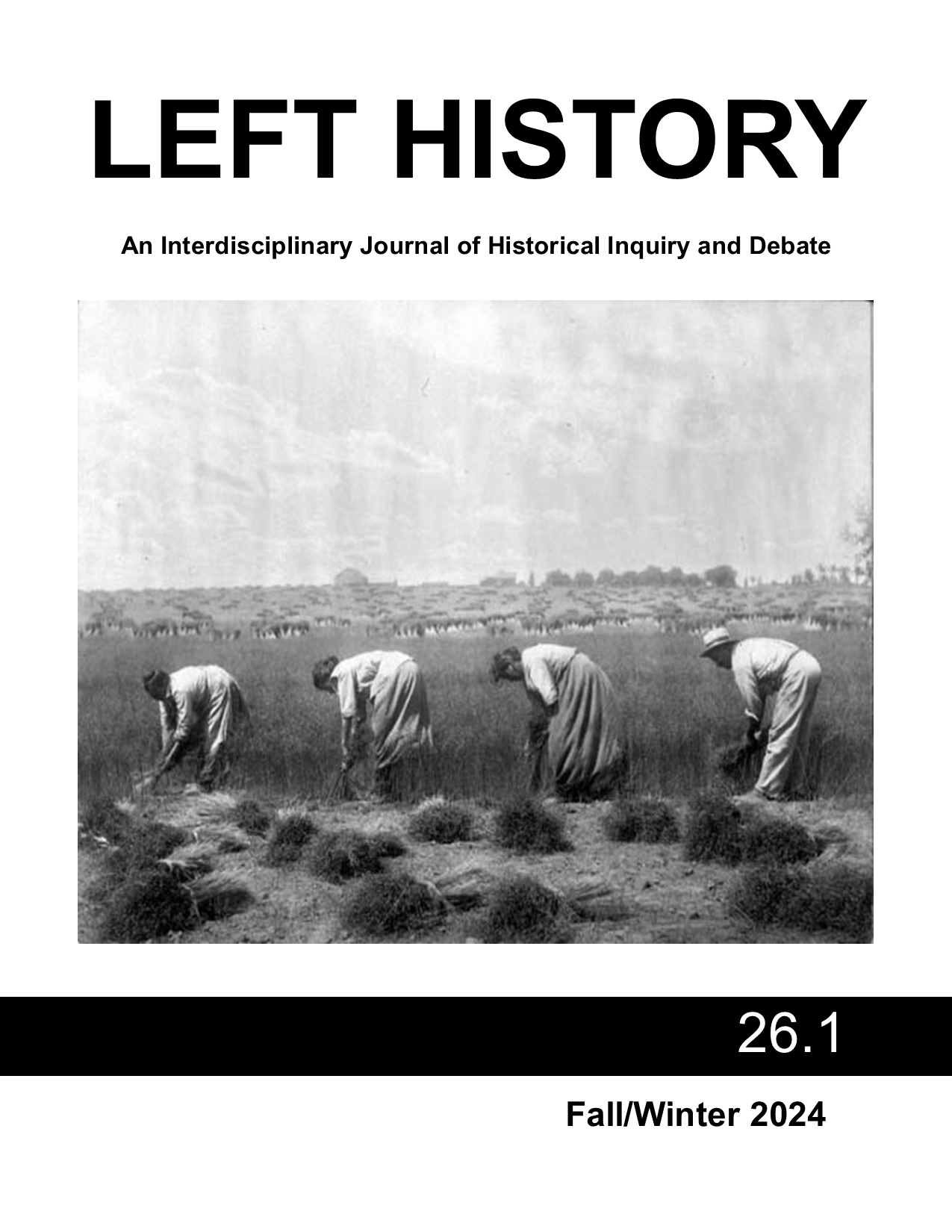The General Strike and the Specter of Anarchism in the German “Mass Strike Debate”
DOI:
https://doi.org/10.25071/1913-9632.39691Abstract
In the quarter century before the outbreak of the Great War in 1914, German Social Democrats engaged in strenuous disputes about the most effective forms of political action. Central to this debate was the question of the utility of the “political mass strike,” a widespread work stoppage intended to achieve a political rather than an economic end, and potentially also to heighten workers’ consciousness of their political power. An aspect of the mass strike debate that has received less systematic attention is the role of anti-anarchist rhetoric, in particular regarding the “general strike,” in shaping the development of this intra-party conflict. Throughout the mass strike debate, German Social Democrats frequently came to explain their own ideology through the prism of their antipathy to anarchism. In associating the political mass strike with the anarchist general strike, Social Democratic reformists stigmatized the radicals in their own ranks who advocated the cultivation of workers’ revolutionary sentiments. On the other side, proponents of the political mass strike, such as Rosa Luxemburg, accused party moderates of succumbing, like anarchists, to a bourgeois mindset. Thus, throughout the Social Democrats’ mass strike debate, the accusation that one’s opponents adhered to an anarchist deviation from correct Marxist thought served as a tool to delegitimize their perspective. Insisting on the complete irrationality and folly of anarchists, and attributing to Socialist opponents those same failures, made the conflict sharper and more acrimonious, and less amenable to resolution, as it went to core issues of socialist identity.
References
N/A
Downloads
Published
Issue
Section
License
Copyright (c) 2024 Elun Gabriel

This work is licensed under a Creative Commons Attribution-NonCommercial-NoDerivatives 4.0 International License.
This work is licensed under a Creative Commons Attribution-NonCommercial-NoDerivatives 4.0 International License. Authors retain copyright of their work. Any uses not covered by the license require permission from the rightsholder. We ask that republication and reuse of content cite the original publication in Left History.
Left History and its trademark are held under the copyright of the journal, which is published in the York University Department of History. Left History is committed to Open Access by publishing articles online under a CC BY-NC-ND 4.0 license.


